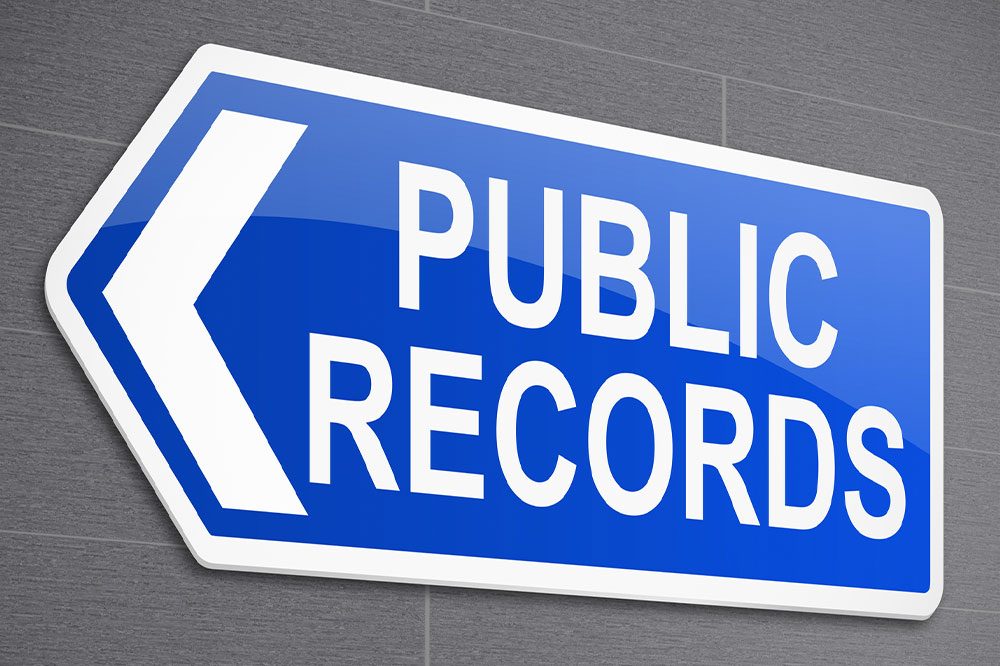Top FAQs about accessing public records
In today’s age of constantly evolving technology, people have a lot of access to information through the internet and various other sources. You must check the public records if you’re wondering what information about you is available. And if you don’t know what that is, don’t worry! Today, we’ll help you find out all there is to know about public records, including how you can keep some information about yourself private.

What kind of records are public?
Different kinds of records are available to the public at the federal, state, city, or county levels. These are the kind of government records or documents that are not considered confidential and can be accessed by the public. For example, census data, property dealings, and court dealing records are within the category of public records.
How do we find public records?
Finding public records doesn’t come easy or without restrictions, even though they are publicly available. Since the 1960s, the Freedom of Information Act has introduced much legislation for accessing public records. All 50 states follow similar legislation for records held by government bodies.
Public records like court dealings are available on websites such as PACER with adequate information. Although registration to the website is free, accessing each page view costs around 2 cents. Records of Bankruptcy being dealt with in court are also available on PACER. Other documents, such as licenses, documents, and inmate search public records, are available online.
You can avail yourself of state, city, and county records by submitting a request to the County Clerk’s office. Criminal records are mostly accessible via paid background checks.
Which sites offer free public record access?
The first website to search for criminal and criminal records for almost free is PACER. To use this site, register first and use the search function or go to court links if you know the name of your specific case.
To find immigration records for free, use the government archive. The national archives, though, have been digitized, but there are no tools to help you. Hence searching there can be complex. Search the website’s catalog, microfilm catalog, and archival databases. Also, Elis Island’s online portal in New York is one of the greatest immigration archives in the country. Find documents through passenger search by just imputing the name.
For professional licenses, search the licensing website of your state. Disclosing such information is at the discretion of the state’s Department of License, Department of Commerce, Community, and Economics are some examples. You’ll need to search official government websites to get access to a license owner’s name. Each state’s secretary of state website provides the database for corporate disclosure statements.
Are court records public?
Court records for most public cases are considered public records in the country. Especially, federal courts make detailed records of each case available to the public. But the state records can be inconsistent in terms of detailing. But court and criminal records are available through the national archives or the archive website.
There are two classifications of criminal records: public and sealed. The records are held by federal and state government personnel with complete access. But partial court proceedings are available to the public through state and federal databases.
What kind of personal information is public?
Details of criminal incidents, the status of licenses, and other personal information are part of public records. The government has given the public a surprising amount of information. Personal information such as date of birth, name, social security number, and mailing address are available to every person to the public record holders. Crucial information like tax information and inquiry procedures are not included in your public records.
Can we remove our information from public records?
Highly sensitive information that shouldn’t be in your public records is easy to remove. But sensitive information that you may not be comfortable with being public can be difficult to obligate from the internet. So, you have to take alternative steps within the process of legislation to privatize your public records.
First, look up your name online or head to the county clerk’s office to get a clear idea of the available public records related to you. Second, get a new mailbox and a new mailing address. Finally, change your mail address by putting in a request to the county clerk’s office.
Talking about all the information that can be probated. Most records such as marriage licenses, court records, probate cases, and civil circuit files are available for free or nominal fees. Thoroughly examine your public records before filing the request.
Another way to omit your public records is to start a business by forming a Limited Liability Corporation. Properties linked to businesses and owners, business exchanges, deals, and tax information are always kept private.